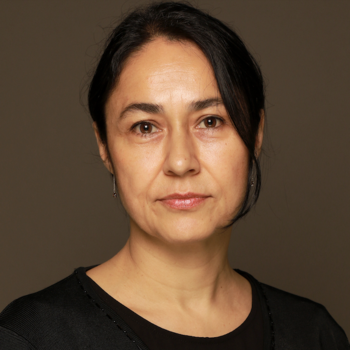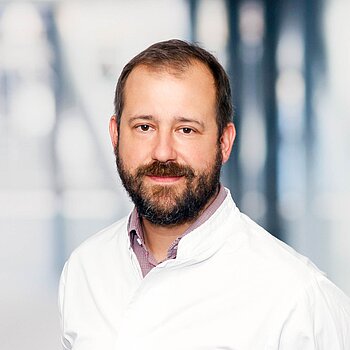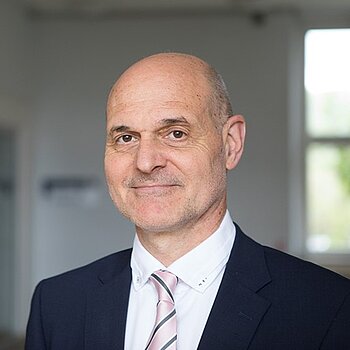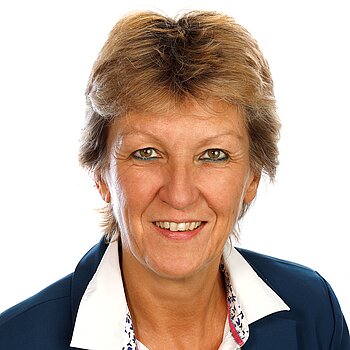Research Area D: Towards Integrative Therapy Concepts
Central question:
How can discoveries from the other areas be harnessed for innovative microbiome-based diagnostic, preventive, and therapeutic strategies?
Aim
Scientists in Research Area D will translate knowledge acquired in sections A, B and C into innovative, microbiome-centered, and personalized strategies of risk stratification, diagnosis, prevention and therapy against antibiotic-resistant bacterial pathogens (ARBPs). Notably, the resistomes of risk patients will be analyzed by metagenome sequencing of fecal samples and used to implement patient-specific therapies.
Moreover, combined resistome data will be used to adjust general antibiotic stewardship guidelines at the University Hospital Tübingen. In parallel, the commensals, the phages and the host-derived antimicrobial molecules with the capacity to selectively eliminate facultative pathogens from human microbiomes such as those identified in Research Area A, B, and C will be tested as promising agents to prevent infections by ARBPs.
Principal Investigators
 © Meral Esen
© Meral Esen
 © Reiner Jumpertz-von Schwartzenberg
© Reiner Jumpertz-von Schwartzenberg
University Hospital Tübingen
Diabetology, Endocrinology, Nephrology
 @
@ med.uni-tuebingen.
med.uni-tuebingen. de
deWebsite
 © Friedhelm Albrecht \ University of Tübingen
© Friedhelm Albrecht \ University of Tübingen
University of Tübingen
Institute for Tropical Medicine, Travel Medicine, Human Parasitology
 @
@ uni-tuebingen.
uni-tuebingen. de
deWebsite
 © University of Tübingen/Friedhelm Albrecht
© University of Tübingen/Friedhelm Albrecht
University of Tübingen
Institute for Tropical Medicine
Translationale Infectiology and Vaccine Development
 @
@ uni-tuebingen.
uni-tuebingen. de
deWebsite

University Hospital Tübingen
Immunology and Oncology
Molecular Dermatology
 @
@ uni-tuebingen.
uni-tuebingen. de
de © UKT
© UKT
Board Member, Coordinator Research Area D
University Hospital Tübingen
Internal Medicine II
Infectious Diseases and Translational Microbiome Sciences
 @
@ med.uni-tuebingen.
med.uni-tuebingen. de
deWebsite
 © UKT
© UKT
University of Tübingen
Institute for Ethics in Sciences and Humanities
 @
@ uni-tuebingen.
uni-tuebingen. de
deWebsite
